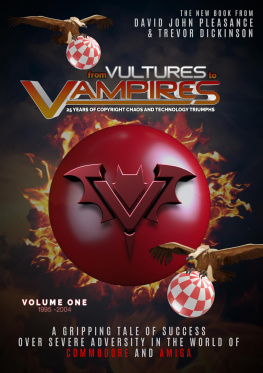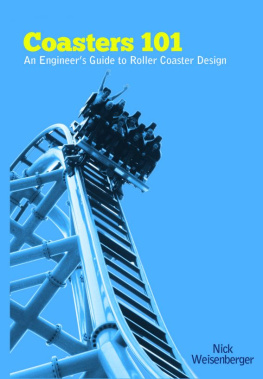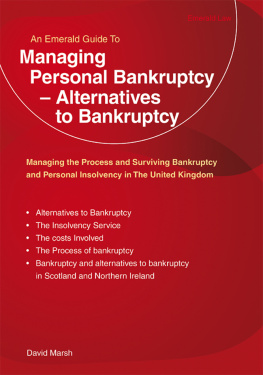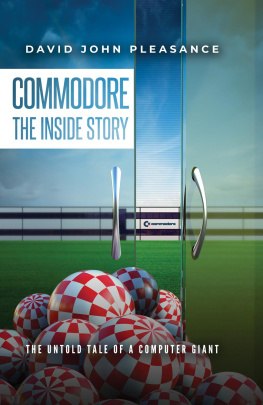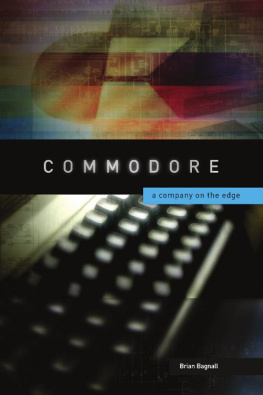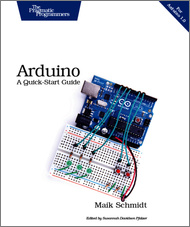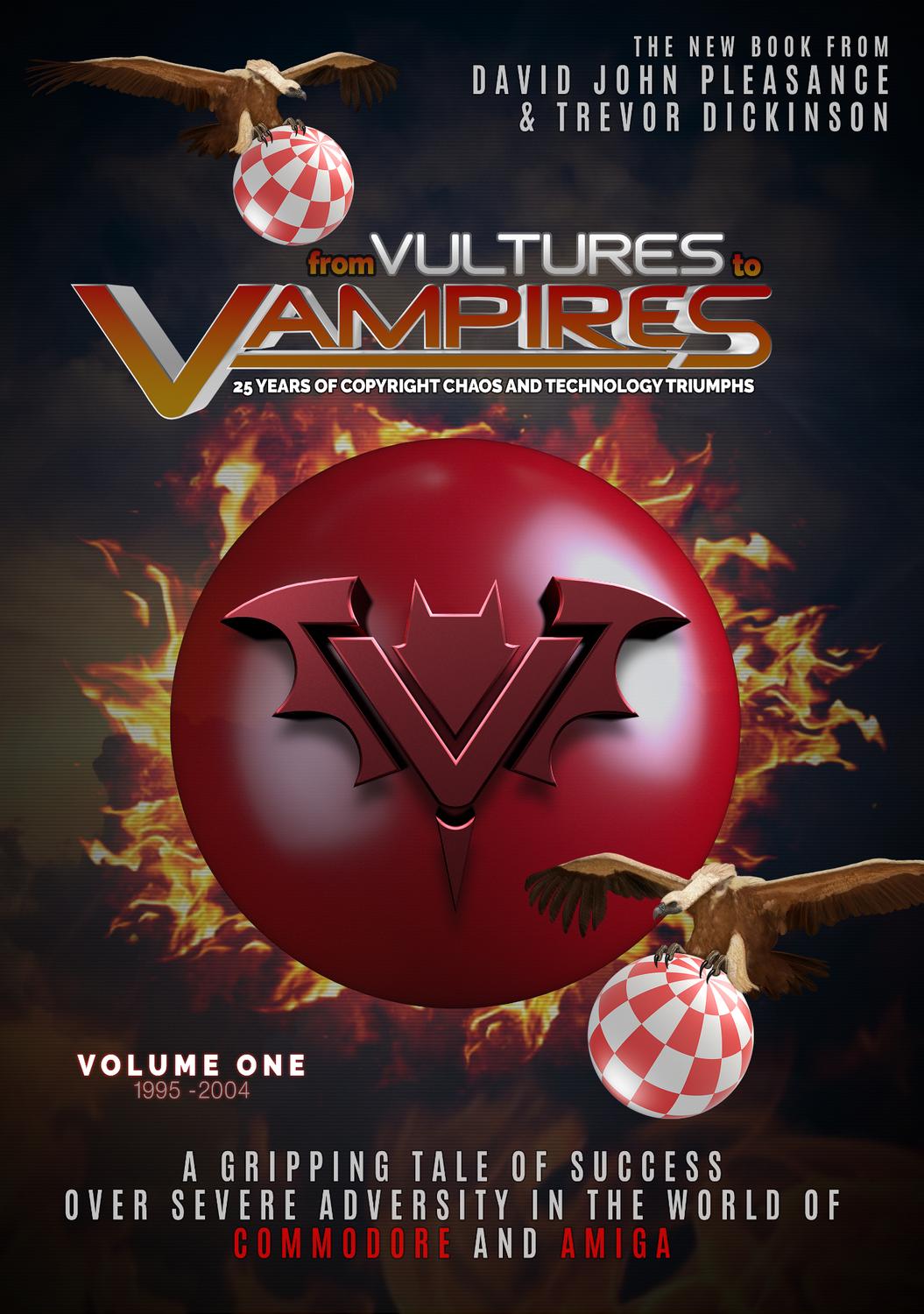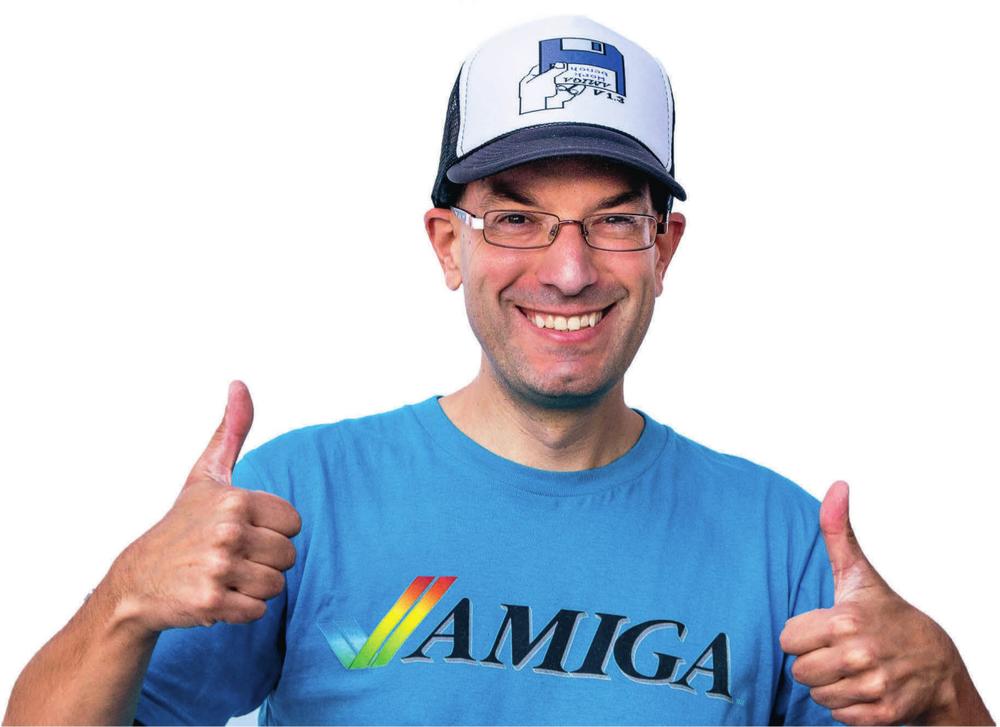This book is dedicated to my first wife Sheila and our two sons Marcel and Emile; my sister Susan and her husband Rob Mullin; my siblings, Sandra, Christopher and Shane; and my second wife Francia and her daughter Lucidely.
A massive thank you to my great friend and co-author Trevor Dickinson.
In loving memory of my parents June and Eddy, and my sister Stephanie.
This book is dedicated to my wife Christine, who has supported my Commodore and Amiga hobby, passion and obsession for the past 40-plus years; my two daughters, Emma and Rachel, who grew up using Amiga computers; and not forgetting my three-year old grandson Finn, who already knows what a Boing Ball is.
I wouldnt exactly say my heart was broken I was just fed up with all the vultures and crooks trying to get a little taste of the Amigas mouldering body before the bones turned to dust [] There were too many wanna-bes fighting over a tiny little bit of possible sales, and more often than not just ripping off Amiga fans.
Dave Haynie, from a comment posted on March 29th, 2018, in response to Jeremy Reimers A history of the Amiga, part 12: Red vs. Blue story on ArsTechnica
When Commodore declared bankruptcy on April 29th, 1994, it was a dark day in the Amigas history. Other computer platforms had caught up with the Amigas revolutionary design, and most people including me thought this was the end of the Amiga dream.
But 27 years later, one could argue it has never been a better time to be an Amiga user. How is this possible? The story of the Amiga is an astonishing and remarkable tale of a computer that refuses to die.
When the Amiga launched in 1985, it was a revolution in home computers. Nothing on the market could compare to its incredible graphics, stunning sound, and pre-emptive multitasking operating system that could run on a mere 256KB of RAM. It was the first home computer geared towards professional artists and multimedia developers.
But aside from its technical prowess, there was something more to the Amiga: it was a computer with a soul.
Designed by a small team of brilliant and dedicated engineers, the Amiga was a work of love, filled with personality. The name itself is the Spanish word for a female friend. The computers custom chips were given human names, such as Paula, Denise, Agnus and Gary. The case even featured the signatures of its creators embossed on its inside including Jay Miner, the acknowledged father of the Amiga (alongside the paw print of his dog, Mitchy).
This heartfelt DNA undoubtedly helped attract a diverse and passionate community of artists, engineers and people who just thought differently. While the mainstream computer world accepted PCs and to a lesser extent Macs, we chose the Amiga.
My own Amiga journey began when I founded the Westchester Amiga User Group (WAUG) in 1988. Between our monthly general meetings and our Special Interest Groups, there was literally a meeting every week, and there were at least seven other active Amiga user groups in the New York City area that I am aware of. We opened up our homes to complete strangers and welcomed anyone who loved the Amiga as much as we did many of my closest and oldest friends today I met at that club.
In my humble opinion, there is no other community of computer enthusiasts that can compare to the passion and dedication of Amiga users. Our WAUG meetings continued long after Commodores demise and we still meet every month. Our group even survived the period I call the Dark Ages the years after Commodore folded, up until the worldwide celebrations on the 30th anniversary of the Amiga in 2015.
After Commodore declared bankruptcy, many Amiga users slowly migrated to other computer platforms. Yet despite the computer giants demise, there was still a lot of activity within the Amiga market, though much of it centred around lawsuits instead of technological innovation.
At our monthly WAUG meetings, the topic that would come up most frequently was: Who owns Amiga this month? Many of us hoped that someone would come along who could continue to develop the Amiga technology, but over time our hopes faded as legal battles seemed to be the order of the day.
But that didnt stop us from enjoying our beloved computers for what they were. We still regularly met up to play our favourite games or network our Amigas together with null modem cables for some head-to-head gaming action. Occasionally a new piece of hardware or software might be released. But what really kept us together were the strong friendships we had forged as Amiga users. It was no longer about seeing the latest and greatest new product; it was about getting together with great friends for a great time.
So it has been for almost two decades now (wow, time flies!), but things have slowly started to change. With the internet connecting Amiga users around the world, we have begun to see more and more new games being created. Our WAUG group which had dwindled from a peak of 150-plus to around five core members saw new faces popping up at our meetings every month. There was increased activity on message boards. I even learned about a documentary that was being produced about the Amiga. What the heck was going on?
Well, users who were quite young during the Amigas commercial peak either sold their Amigas or packed them away in their parents attic. And although 20 years had passed, these users, who still had these amazing memories of using their Amiga in their childhood, decided it was time to go into the attic and revisit them.
At the same time, events were being held around the world to celebrate and honour the Amigas 30th anniversary. Many of the original engineers and developers attended these events, as well as users who were now adults with kids of their own. Our passion and excitement for Amiga has been rekindled.
Not only that, but many of us are no longer young and inexperienced. Thanks to the start we got on the Amiga, we are now professional engineers, software developers, game designers, artists and more. We have acquired the knowledge, experience and tools to do the things we had always dreamed of doing with the Amiga. And in 2021, that translates into stunning new developments in the Amiga community.
This is the heart of the book you are about to read. From Vultures to Vampires pulls back the curtain and shines a light on those Dark Ages of the Amiga. It reveals details about the battles for the hearts, minds and pockets of the Amiga faithful, but it also gives us hope for the future.
You will read about exciting developments in the Amiga community: the plethora of new games that push the technology further than anyone has ever seen before; the incredible demo scene, which continues to create spectacles that could never have been imagined on the Amiga; wondrous new hardware that is being developed, including accelerators, graphics cards, floppy drive emulators and much more; the PowerPC evolution; and the rise of the FPGA, which gives you an Amiga experience without having to own original hardware. Its beginning to feel like 1990 all over again.
With modern tools, we are not only helping to keep the Amiga alive, but pushing it to new limits. And with the internet and social media connecting and bringing us together from all parts of the world, we can share our renewed love and passion for the Amiga with our kids and younger folk in general essential if we want our beloved Amiga to live on and thrive. There has never been a better time to be an Amiga user.

